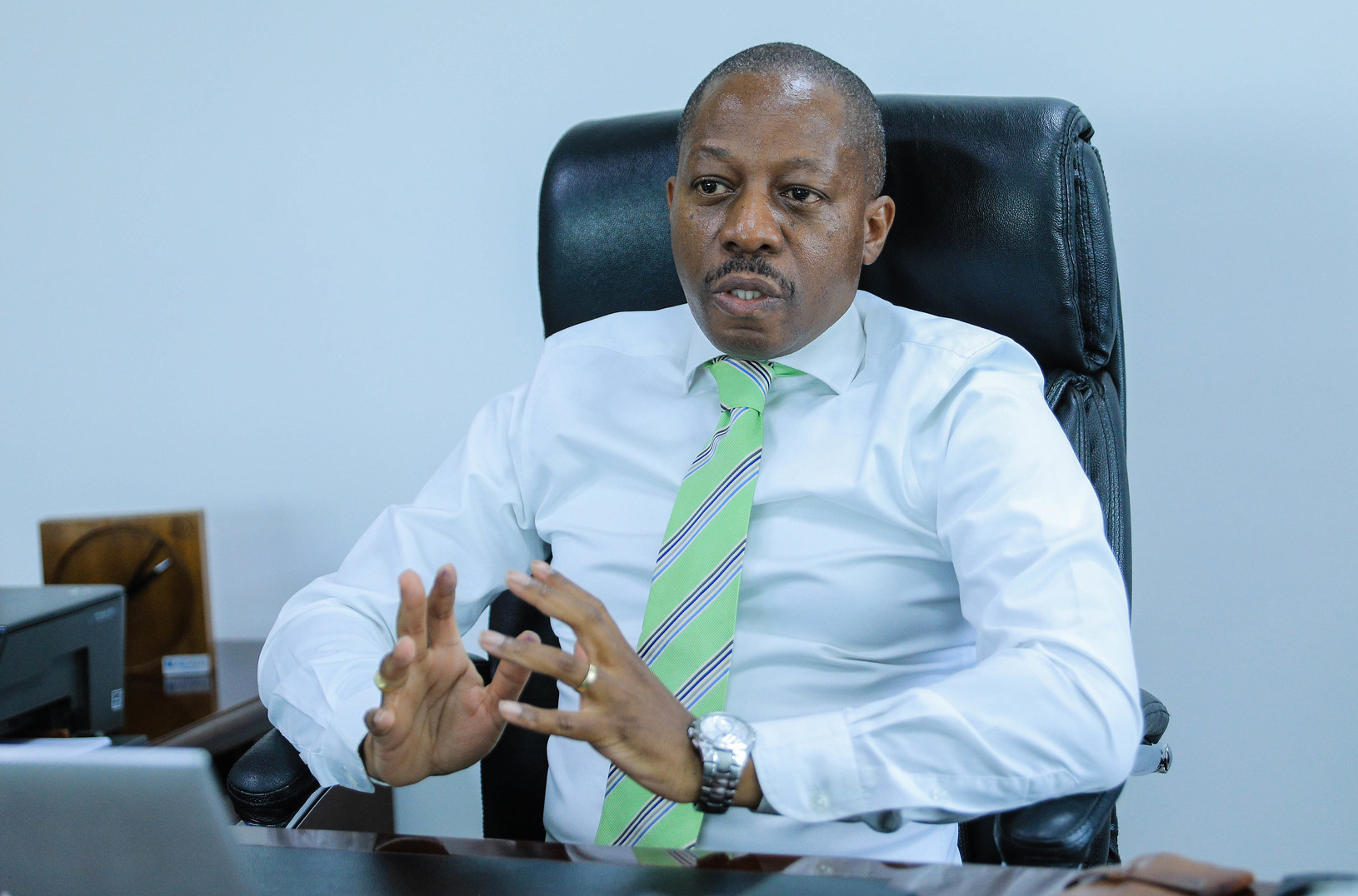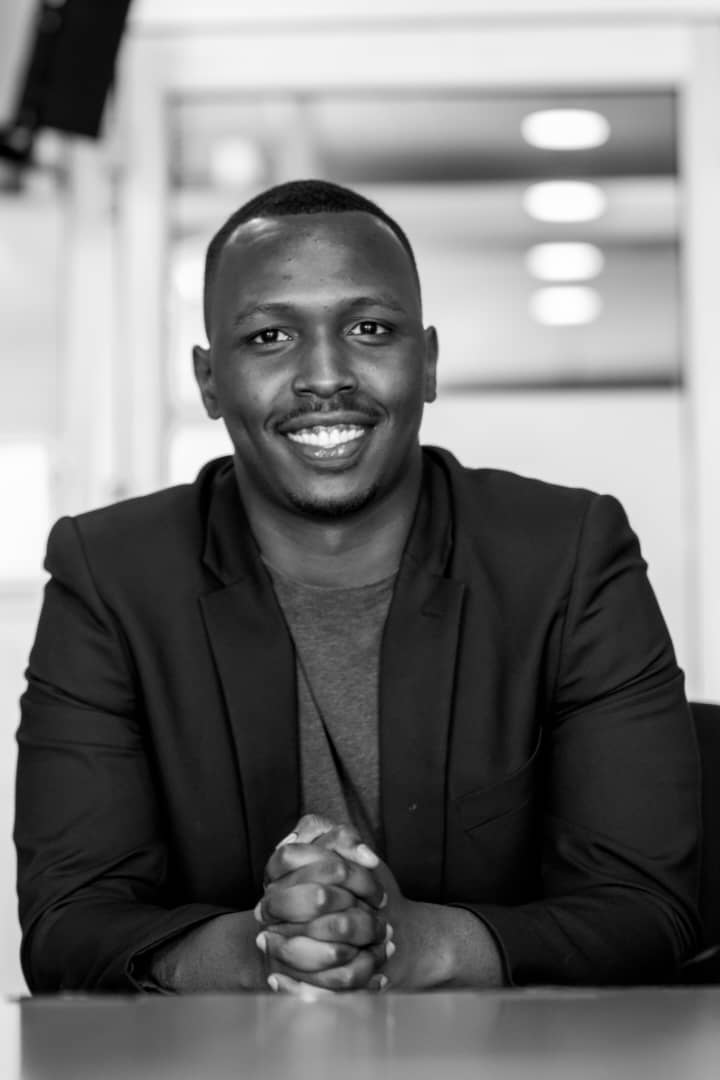Events
FEATURED: Agaciro Fund registers growth despite Covid-19, outlines future investments

Gilbert Nyatanyi, Chief Executive Officer of Agaciro Development Fund during the interview on November 19, 2021. Dan Nsengiyumva

